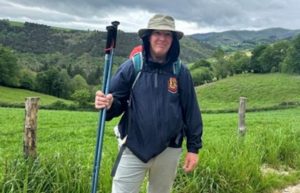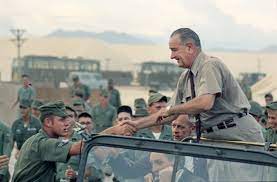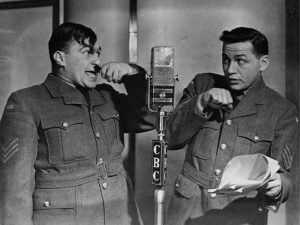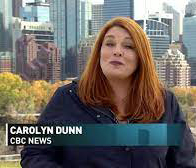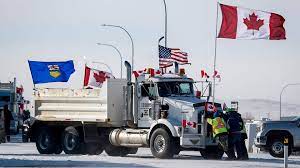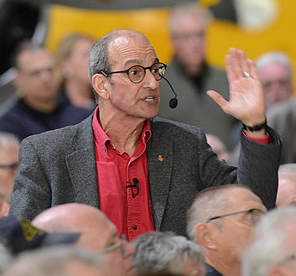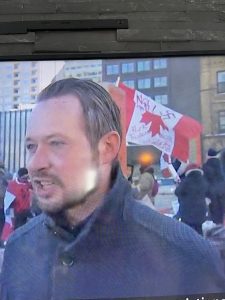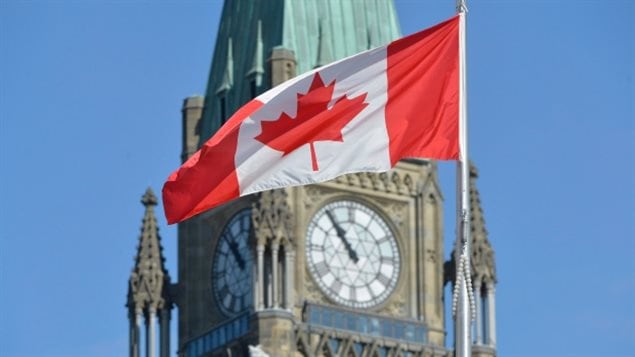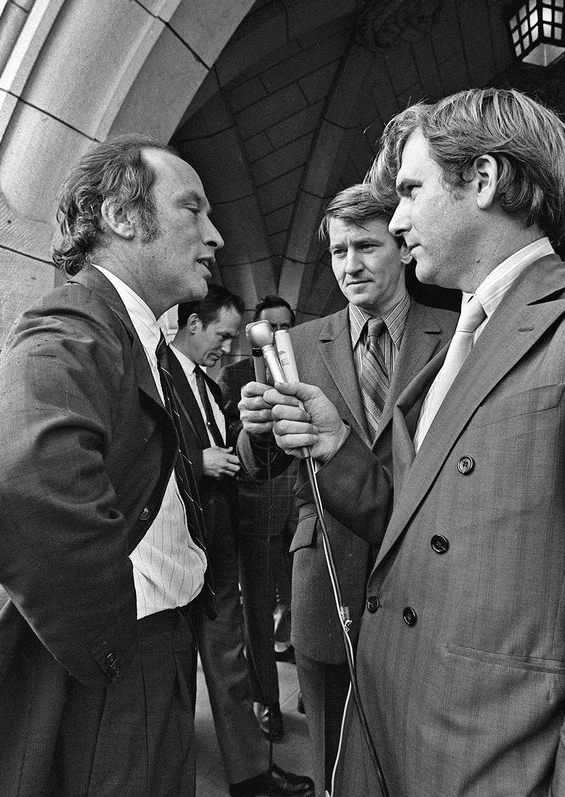
There were a lot of decorations on display the other morning in Ottawa. Some of those attending an annual breakfast I attended across the street at Parliament Hill on Monday, June 9, had more ribbons and military medals than I’d ever seen before.
But when the keynote speaker stepped to the lectern to address this largely military audience, he wore a plain business suit without a single decoration. Recently retired, Chris Sutherland could have worn his ceremonial navy uniform, displaying his rank as Rear Admiral and deputy commander of the entire Royal Canadian Navy (RCN). Instead, he just spoke.
“Good morning,” he said. “I’m a recovering addict, and I’ve struggled with mental illness, specifically depression.” (more…)
